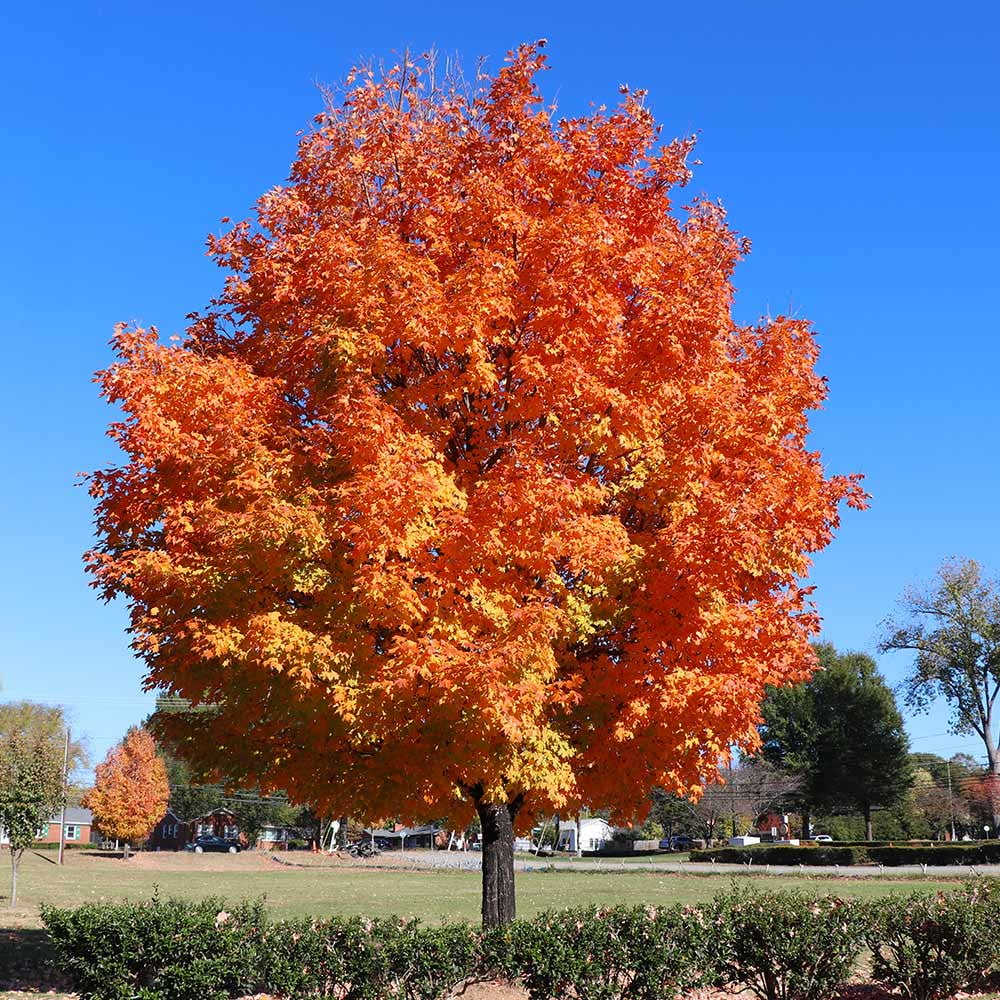Before the proliferation of urban jungles, the majority of the Earth's land area was primarily covered in trees. With the rise of rapid deforestation to pave the way for developmental projects such as roads, real estate projects, buildings, bridges, and other man-made structures, the planet has suffered tremendously. Now, it is common to hear the frightful words climate change and global warming. These radical shifts in the world's balance are very alarming, and they are in part due to a lack of trees. The devastating effects of deforestation are long-lasting and far-reaching, with the power to impact all living things. And here are some of these ill effects:
Deforestation Increases The Amount of Carbon Dioxide
All kinds of plants play a pivotal role in keeping the circle of life balanced. Plants get their nutrition in a process called photosynthesis, wherein they filter the carbon dioxide humans and animals exhale and use it as their fuel for their own food production. In this process, these plants expel fresh, clean oxygen. This means that cutting a significant number of trees has a huge adverse effect on the environment because no one is doing the important job of cleaning the air people breathe. Additionally, the air is riddled with many pollutants from car fumes, factory exhausts, cigarette smoke, burning coals, and the like. The denudation of the forests will lead to terrible air quality, which in turn will result in a rise in respiratory illnesses such as allergic rhinitis, asthma, bronchitis, pneumonia, etc.

Green House Gases
Cutting off trees and too much land clearing releases greenhouse gases in the air, including CO2, methane, water vapor, ozone, and nitrous oxide. Greenhouse gases are molecules in the air that have the capability of trapping heat within Mother Earth's atmosphere. Without these gases, the climate will become too cold. The problem arises when there are too many greenhouse gases present in the atmosphere. If the layer of greenhouse gases is too thick, most of the sun's energy is being kept in the atmosphere rather than being reflected into space, causing excessive heat. This process is called the greenhouse effect.
Deforestation Promotes Rampant Flooding
Trees do a remarkable job of absorbing excess groundwater by sucking all up all the unnecessary additional moisture through their roots and releasing it back into the atmosphere. With the destruction of forests, there will be no barriers and protective elements that could regulate the excessive amounts of water coming from the rain. Without these vital root systems, the soil will become over-saturated, so water levels will rise at an alarming rate, causing destruction to animal life, property, and even human life.
Paves the Way for Soil Erosion
Without the roots of trees holding down the ground, this paves the way for easier erosion of the Earth's topsoil. This results in two adverse scenarios. One major negative effect of soil erosion due to the lack of trees is called a landslide. A landslide can have catastrophic effects when a huge part of land falls down to bury communities. Property and lives are lost in an instant, with people buried alive under a heavy pile of rubble. The second effect is heavy water siltation due to the eroded topsoil. These soil particles end up in the water reservoirs, causing murky waters. What's worse is when they land in the ocean, where they do not belong. They disrupt the growth of corals, adversely affecting the development of marine life.
Deforestation Destroys Many Animal Habitats
The rampant denudation of forests leads to the destruction of many animal habitats. The majority of the Earth's living creatures call these forests their home. The animals living there all co-exist in harmony, with one set of creatures serving a special purpose for the betterment of the planet. When forests are cut down, the animals usually have nowhere to go, and they die due to a lack of food and shelter from the harsh elements of the Earth. The worst case scenario is the extinction of a special breed of animals, which has happened many times with the spix's macaw, eastern puma, and amur leopard, which were declared extinct in 2011, 2018, and 2016, respectively. Currently, there are animals facing the risk of complete extinction, such as the tarsiers (the smallest primates), with only a few left of their kind.

If mankind is not careful and continues to disrespect the environment, it is not a far-fetched idea that all kinds of species will continue to die until there is nothing left, including humans. Deforestation can provoke an effect on the entire world, including massive climate change, extinction of biodiversity, annihilation of indigenous people, and the like. Careful consideration must be taken to strike a balance between development programs and the preservation of the Earth.
Read more

What is Driftwood? This is any kind of wood debris caught in rotating ocean currents and deposited on the shorelines or beaches of the world. They may be found on the banks of rivers, lakes, beache...

We all know gardens need plants, but did you ever wonder where to get them? Garden centers are great, but the prices can be a bit high for some people. Plant nurseries are a great alternative for t...





